The amendment yesterday (29 July) comes after Defra carried out a ‘write around’ consultation process to agree the controls required by non-OECD competent authorities for ‘green list’ plastic classed as B3011.
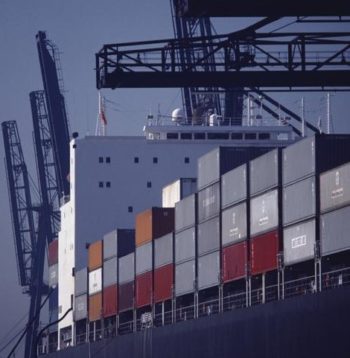
As part of this process competent authorities could indicate if they wished to apply additional local controls.
B3011 only applies to plastic waste destined for recycling in an “environmentally sound manner that is almost free from contamination and other types of waste”.
Currently, these can move from Great Britain to non-OECD countries under the system of prior informed consent.
Defra says that the new legislation that came into force yesterday will “alter the controls for the export of B3011 from Great Britain to non-OECD countries”.
In a communication yesterday, Defra listed the countries to which B3011 waste can now be exported under green list and the restrictions those countries have applied. Any country that did not respond to Defra’s request for approval is not on the list and exporters must therefore use the prior informed consent notification procedures for B3011.
The amendments lifts the restrictions applied from 1 January under the Basel Convention.

Countries listed as having no controls for some plastic exports are Panama, Sao Tome and Principe, and Trinidad and Tobago.
Malaysia
In Malaysia, which has been a significant market for UK plastic exports, Defra explained that authorities requested specific local controls, some of which must be completed in the UK before export.
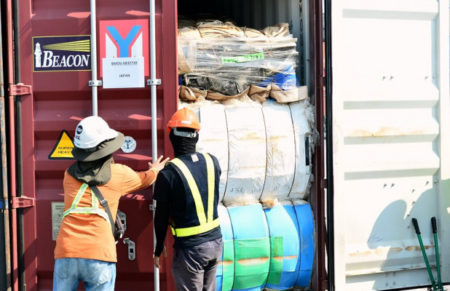
Defra said other countries “may already have specific controls or choose to implement additional local controls at any time on any or all waste materials”.
It added that the new regulations do not supersede any current local controls.
Defra outlined that the following measures will be in place for exports to Malaysia.
- The waste must be separated plastic waste / without a mixture of plastic resins
- Any plastic or non plastic containments should not exceed 5% by weight
- 95% of the amount of imported plastic waste is recyclable by weight
- The exporter must be approved in writing by the Department of National Solid Waste Management to supply the plastic waste.
De minimis
The department also referenced de minimis contamination levels under UK law, but didn’t elaborate further what these were.
Defra said: “Please note that these additional national controls set by the Malaysian authorities detailed above do not impact the de minimis level of contamination as required by UK law. We regulate to the requirements of UK legislation and will take action, including inspecting, stopping and returning loads and / or more formal action where we consider the waste to not meet the GLW controls in England, even if it complies with the Malaysian Government’s requirements.”
Useful links:
International Waste Shipments Export of Plastic wastes (opens as PDF)





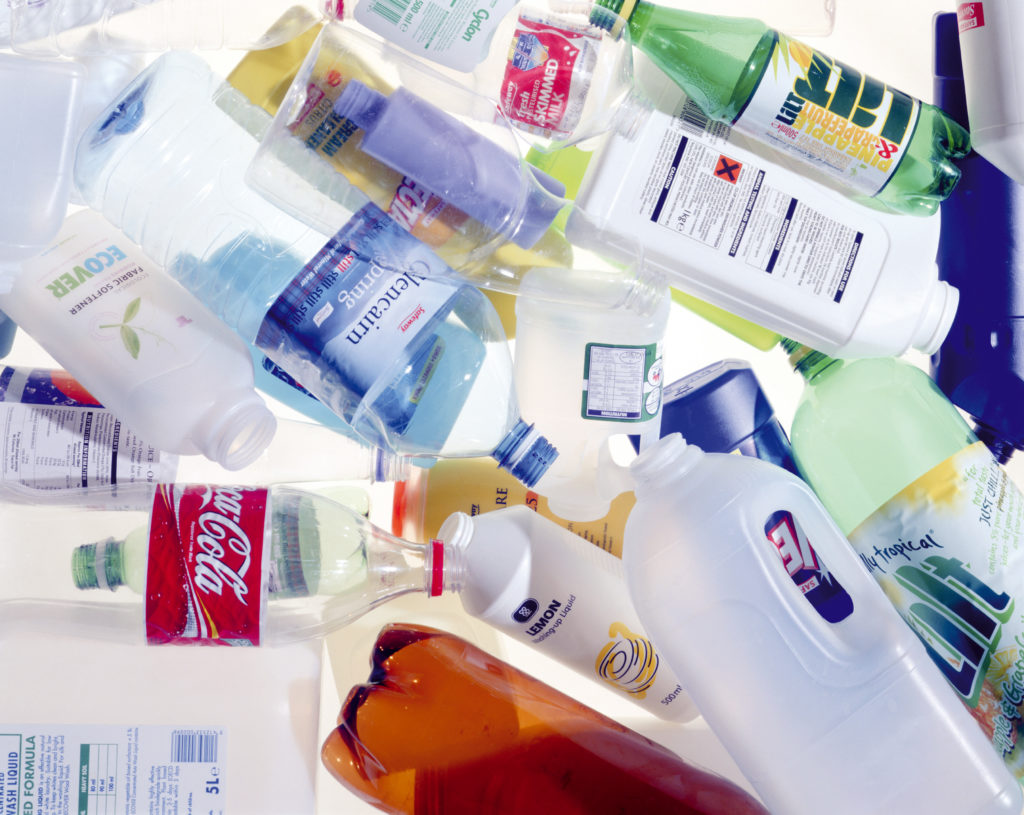
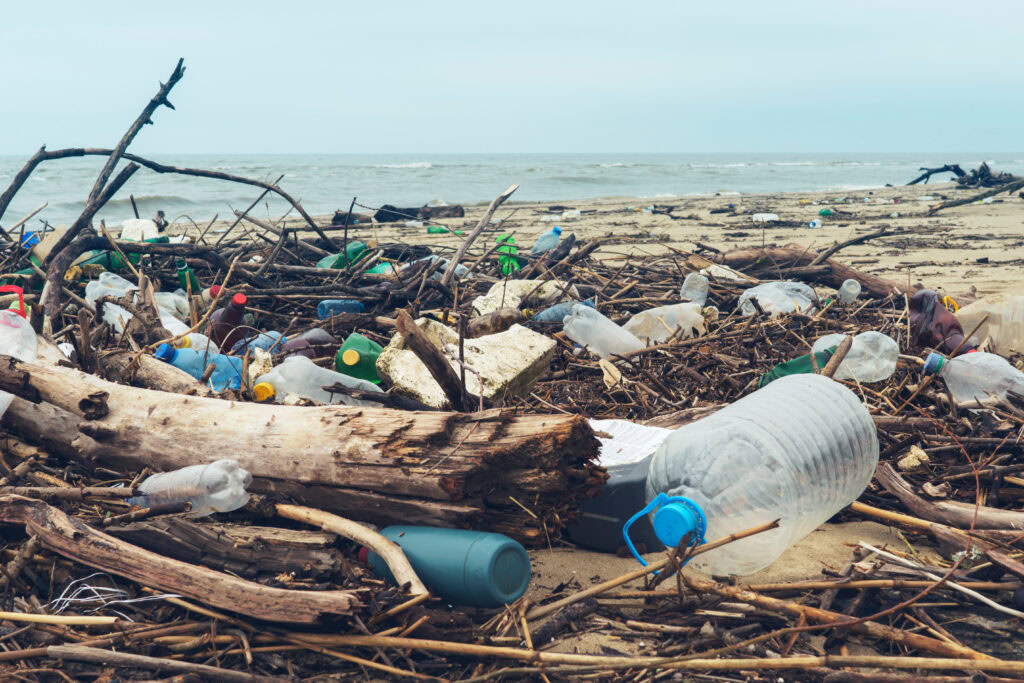
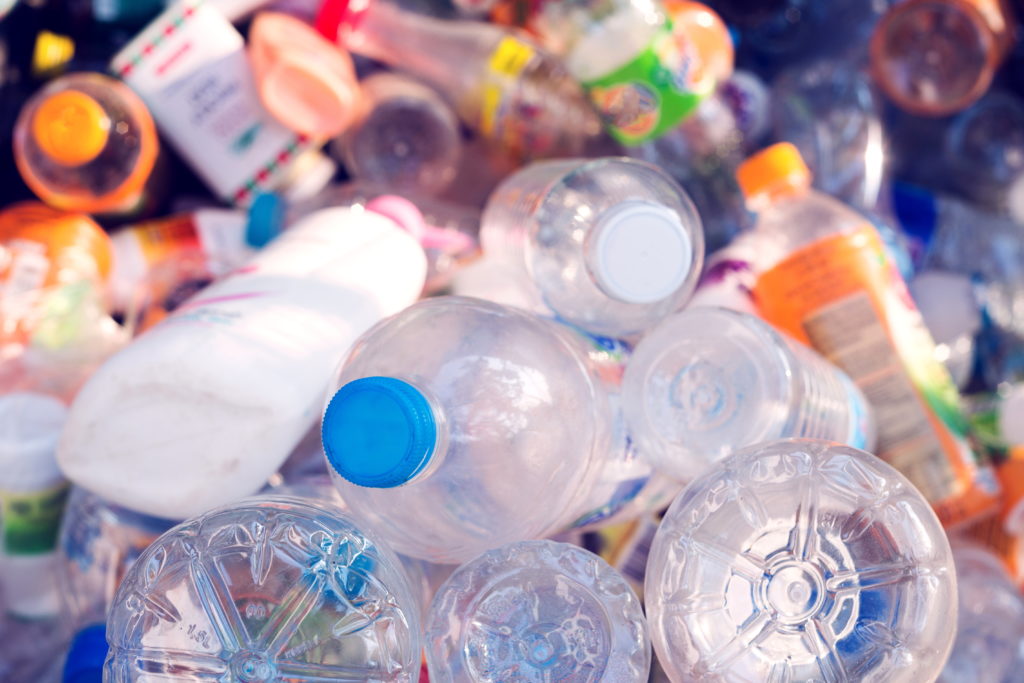


Subscribe for free